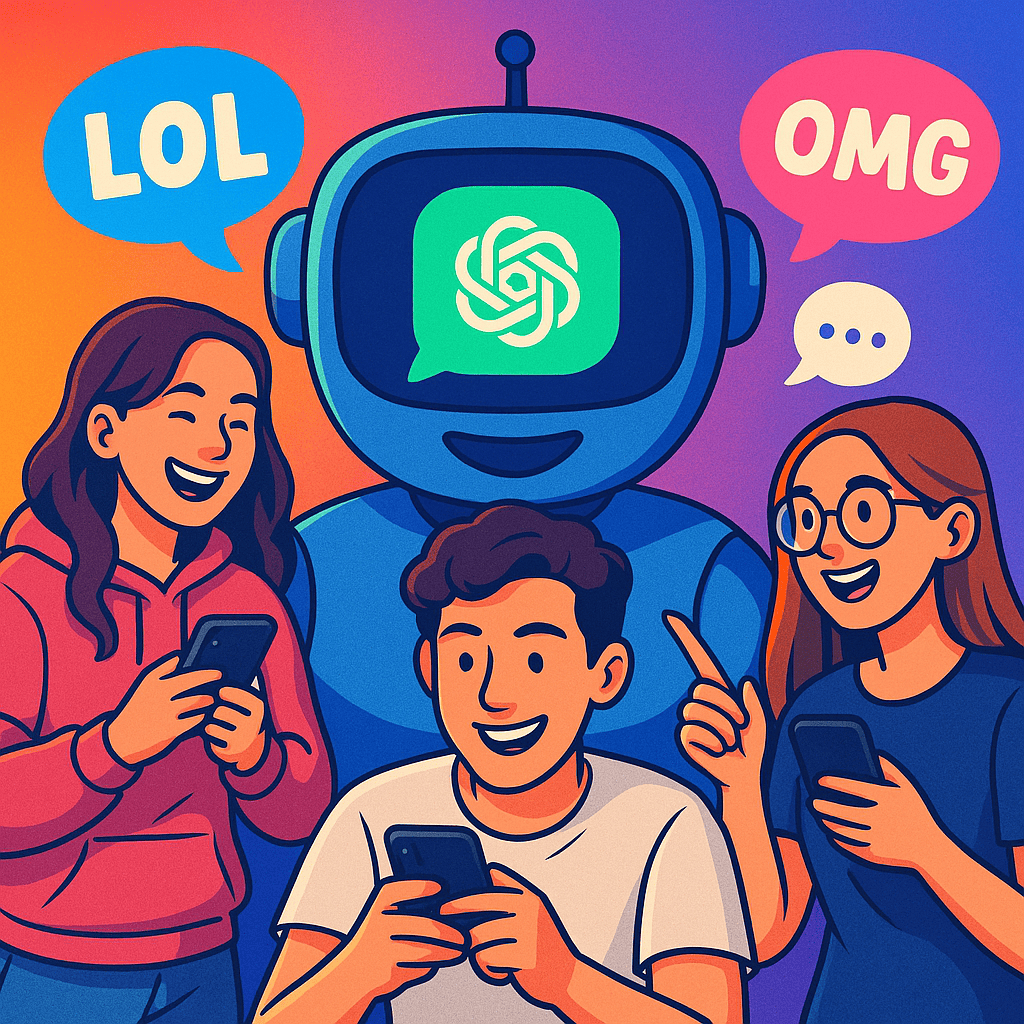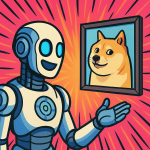Language is a living, breathing entity, constantly evolving to reflect cultural shifts, technological advancements, and societal trends. In recent years, one of the most significant contributors to linguistic evolution has become artificial intelligence, particularly sophisticated language models like GPT (Generative Pre-trained Transformer). GPT not only processes and generates human language with impressive accuracy but also plays a pivotal role in reshaping our vocabulary, expressions, and even slang.
When GPT was introduced to the world, it marked a transformative moment in natural language processing. Unlike earlier AI systems that relied on rigid linguistic rules, GPT was trained on vast amounts of textual data from diverse sources—books, websites, social media posts, and more. As a result, GPT has internalized an expansive and dynamic snapshot of human language, making it uniquely equipped to reflect and influence linguistic trends.
One of the fascinating ways AI influences language is through its ability to rapidly adapt to emerging slang and colloquialisms. Traditionally, slang develops organically within specific communities, slowly permeating into broader usage. GPT, however, accelerates this process. By continuously analyzing real-time user interactions, social media conversations, and trending topics, GPT swiftly absorbs new terms, expressions, and idioms, immediately integrating them into its vocabulary and usage.
Moreover, GPT not only passively acquires new slang; it actively contributes to language evolution by creating unique words and phrases. Users interacting with AI language models frequently encounter original, AI-generated expressions. Occasionally, these terms become viral, spreading rapidly across digital platforms, eventually permeating everyday language. This phenomenon illustrates how AI models are no longer mere reflections of linguistic trends—they are active participants in shaping them.
A notable example of AI-generated linguistic innovation is seen in popular online platforms, where AI-driven bots and assistants frequently interact with users. Platforms like Discord, Twitter, and Reddit are filled with AI-assisted interactions that create catchy, novel phrases. Due to the playful, memorable nature of these AI-generated phrases, they often transition smoothly into mainstream digital slang. These expressions can originate from unusual phrasing, quirky metaphors, or humorous misunderstandings produced by the language model, and they quickly find resonance among human users.
The sheer scale and speed at which AI can disseminate new linguistic constructs is unprecedented. While humans typically require weeks or months to popularize new slang through repeated usage, AI-driven platforms can expose millions of users to a newly coined expression in a matter of hours. In doing so, GPT accelerates linguistic evolution, turning what used to be a gradual, organic process into a rapid-fire phenomenon.
Another intriguing aspect of GPT’s linguistic influence involves bridging cultural and geographic divides. GPT’s ability to understand and integrate languages from around the world enables it to blend linguistic elements across cultures. The fusion of phrases from different languages or cultural contexts often leads to creative new expressions that resonate broadly. In the globalized digital age, these cross-cultural linguistic innovations can swiftly gain popularity, becoming integral parts of international communication.
AI’s role in linguistic evolution also extends beyond creating new slang and expressions. It contributes significantly to linguistic inclusivity and accessibility. GPT can swiftly adapt language for diverse audiences, making content understandable for speakers of different dialects, age groups, or educational backgrounds. It helps break down barriers and ensures communication remains accessible and relevant, even as language continues to evolve at an ever-increasing pace.
However, GPT’s powerful role in linguistic evolution does not come without concerns. Some linguists and sociologists express reservations about allowing AI to influence language so profoundly. Questions arise regarding authenticity and cultural appropriation, especially when AI-generated expressions blend elements from diverse cultural backgrounds without acknowledgment or sensitivity. Moreover, reliance on AI-generated content could dilute human linguistic creativity or homogenize linguistic diversity, sparking debates around ethics and responsibility.
Nonetheless, it is clear that GPT and similar AI technologies have become influential linguistic entities in their own right. Language is now evolving in tandem with AI, forming a symbiotic relationship between human users and artificial intelligence. As people engage more frequently with AI-driven interfaces, digital assistants, and content-generation tools, the lines between human and AI linguistic contributions will become increasingly blurred.
In conclusion, the linguistic landscape of the future promises exciting possibilities and profound challenges as GPT continues to shape the way we communicate. Embracing the dynamic interplay between human ingenuity and AI-driven linguistic innovation could lead to a richer, more expressive global language. Navigating this new era of linguistic evolution requires careful consideration, thoughtful adaptation, and an openness to the boundless potential of artificial intelligence in redefining human expression.
The New Language Frontier: Exploring GPT’s Impact on Slang and Linguistic Evolution



I wonder how far we should let it shape our language before it starts erasing the uniqueness of human expression… yet perhaps it will just help us find new ways to express ourselves
Your reasoning is very ineresting 🤔
I doubt it really gonna start changin the language😅
I never really thought about how quickly AI can spread new slang and influence the way we communicate on a global scale 🫣
Tbh all its doin is makin a natural thing happen faster🤔
ai is changin language. cool and scary😱
not cool at all! when did ai start running our lives? 😣
GPT slang influence meh 🤔 idk seems sus af
gpt slangin?? 😂words poppin off ai s speakin real now